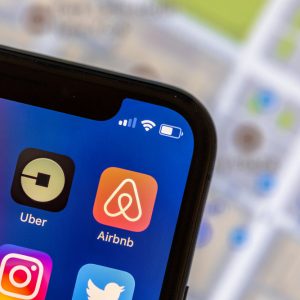
Sharing economy is an economy model that enables people to access goods or services without possession not by sale but by renting or sharing. “UBER” which you can often see around and “AIRBNB” which many people use on holidays are typical businesses of sharing economy. Besides sharing goods or services, they recently extend business areas to the new market of sharing personal talents, space and even jobs.
Taxation on the growing sharing economy becomes an issue. Because most sharing operators are self-employed or small business ones, it is difficult to keep track of the incomes earned by them. Nevertheless, ATO collects information and incomes of sharing operators directly from them and manage those in order not to omit tax returns.
In case of “Uber” which is a typical sharing business, an Uber driver’s information and income is informed to ATO regularly. Therefore, ATO keeps track of Uber operators, notifies the way of returning tax to them by mail and levies an additional tax if they do not return tax. Especially for Uber operators, registration of GST is compulsory as taxi drivers. Therefore they have to return and pay GST quarterly. But many Uber operators in early stage business did not return tax without knowing that.
Airbnb which many people uses on travel or business is one of the typical sharing economy businesses. Because Airbnb shares residential space, GST is not levied on it unlike Uber. Therefore Airbnb operators do not have an obligation of GST registration and return.
For the taxation of sharing economy, most incomes can be tracked but expense deduction is a complicated problem. As Uber drivers use their cars personally, car expenses for business should be calculated applying a ratio between personal use and business one to the total expenses. But it is not easy to manage them because a logbook needs to be made to calculate the car usage ratio.
In case of Airbnb, most operators lend their houses partly or wholly for a fixed period. So it is much complicated to calculate the ratio between personal use and business one. Basically it is calculated on the basis of renting floor space and sharing period for the year should be considered.
In addition to Uber or Airbnb, new markets are being made like car sharing, parking lot sharing and so forth. Therefore, related business operators should consult with their accountants about taxation of corresponding businesses.
